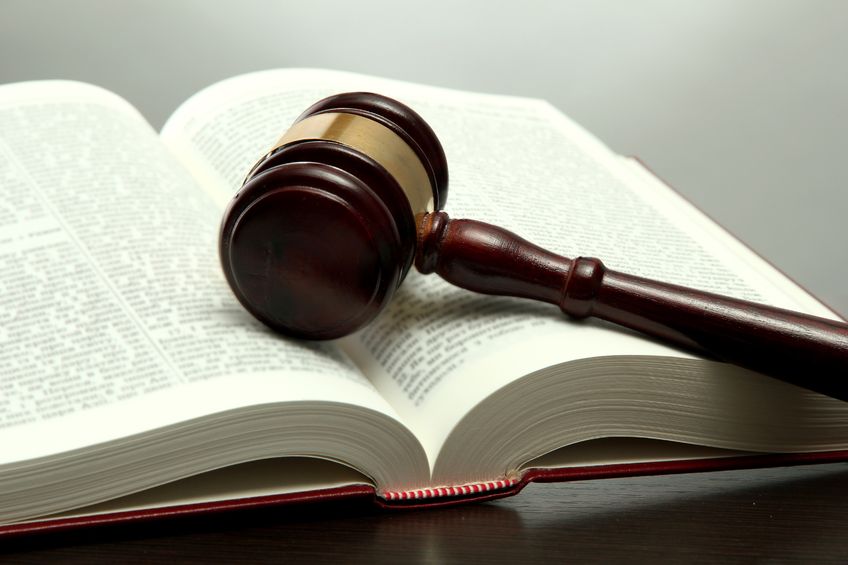This test is run by .
Note that your final mark will not be saved in the system.
Note that your final mark will not be saved in the system.
3.2.4.3 Ethics in sport, 3.2.4.6 Sport and the law GapFill
Target Level
C
Running Total
0
0%
Attempt
1 of 3
You must fill all the gaps before clicking ‘Check Answers!’

Sports legislation has increased over recent years, and there are now a large number of lawyers who deal solely with the topic of sports law to protect their clients. The use of sports legislation for performers, officials, coaches and spectators is outlined below:
| Performers | Sports performers are legally bound to a team, a club or an organisation through a . This consists of a number of terms and obligations that must be upheld for a set number of years. A benefit of sports legislation for performers is that they still get paid despite being , due to contractual laws which prevent loss of earnings. However, if they break the terms of their agreement or wish to end an agreement prematurely, there can be financial repercussions. Elite performers have many responsibilities, not only to the team they are bound to but also to any company they may have deal with. |
| Officials | If an official displays in their performance – for example, by failing to punish violent behaviour – they can face penalties. As officials have a degree of influence over the result, they are often targeted by betting syndicates to impact the result of matches. For this reason, officials can also be punished if they are found to be guilty of . |
| Coaches | Coaches have a duty of to maintain player safety. Therefore, any improper training technique or recklessness in regards to player safety could result in the coach being sued by an athlete if a serious long-term injury is incurred as a result of inappropriate coaching. This applies to all levels of sport, from grassroots to professional level. Coaches must ensure that they, and their players, are following the correct health and safety guidance at any time. kits, up-to-date medical training and access to emergency services must be provided. It is the responsibility of the coach as much as it is the player’s to ensure that athletes refrain from using performance-enhancing drugs, particularly in elite sport, due to the physical and social implications of getting caught. Coaches must also ensure that players, particularly younger players, are free from any forms of abuse, including discriminatory behaviours. Coaches working with children should now hold up-to-date (DBS) checks to show that they are allowed to work with children. |
| Spectators | Rules are in place to ensure spectator safety at events, most notably in football where safety measures have been put in place to combat . These include all-seater stadiums, restrictions on the sale of alcohol inside stadiums, increased policing in and around the ground, and increased CCTV coverage. Those causing trouble run the risk of being handed bans that prevent them from travelling to home or away matches. Depending on the severity of the offence, they can also be prosecuted and fined by the police. |